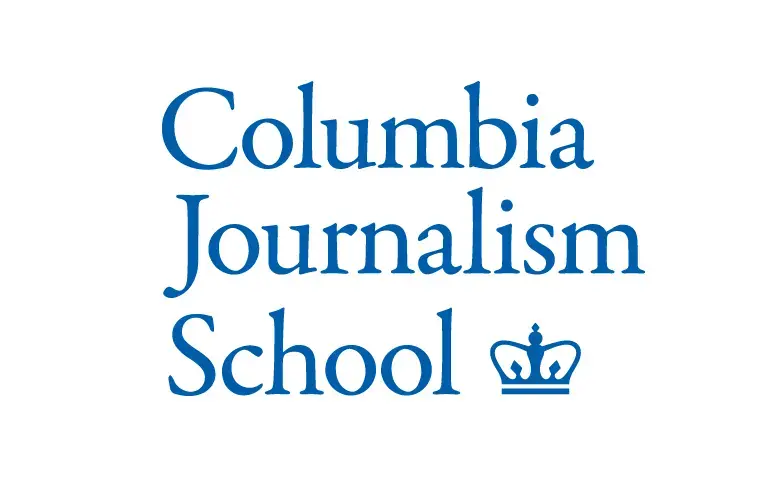Since 1912, Columbia University Graduate School of Journalism has led the way for the media's future, educating and training students from around the world to become accomplished professional journalists.
Uniquely positioned in the media capital of the world and at one of America's finest universities, Columbia's Graduate School of Journalism prepares students to become leaders in the industry and shape the path of the profession. The Journalism School's programs cover the bedrock values of journalistic excellence, ethics, inquiry and professional practices and most of all, deep reporting skills, using New York City as a laboratory.
Students learn to thrive in the evolving world of digital media, using new tools to uncover, analyze and explain the stories of our time across every platform. Thinking globally while reporting locally, students — from more than 40 nations every year — train as part of an international community that transcends borders.
The cornerstore of Columbia's Graduate School of Journalism is the one-year Master of Science (MS) Program, offering aspiring and beginning journalists the opportunity to acquire sophisticated newsgathering skills that emphasize in-person, interview-based reporting as well as other means of acquiring and assessing information with specializations in data journalism, investigative reporting and documentary filmmaking.
The Journalism School's Documentary program, a three-semester specialization that is part of the MS , combines world-class training in long-form visual storytelling. Students spend two semesters —10 months — learning fundamental skills in developing sources; writing strong news stories, finding and verifying information; acquiring and using data and how to make data visual for readers on all platforms, including video. They learn techniques for recording video, capturing high-quality sound recordings and editing. They also learn the business side of documentary production—grant writing, negotiations, rights and clearances and how to develop a winning production trailer to promote their work.
A third semester allows students to focus on producing and editing their documentary, which serves as their capstone Master's Project. Documentary students generally work in teams and are individually coached by advisers who are recognized documentary producers. Students then screen their films to the public in our annual DocFest each December as they graduate. We expect the resulting films to be published online, on cable or on broadcast media outlets. Many of the graduates have been successful in doing so.
Columbia Graduate School of Journalism also has a nine-month Master of Arts program for people who are experienced, established reporters who are proficient in the essential skills of journalism. MA students specialize in coverage of Arts & Culture, Business & Economics, Politics & Global Affairs, or Science, Environment & Medicine, taking a far deeper dive into reporting on particular subject areas.
Additionally, Columbia Journalism School offers Dual Degrees in Computer Science and Journalism, and dual programs in Law, Business, Religion and International and Public Affairs. Students also may apply for international dual degree programs with Sciences Po in Paris and University of Witwatersrand in Johannesburg, as well a Doctor of Philosophy in Communications.
Columbia Journalism School administers several prestigious awards that uphold the standards of media excellence, a tradition founder Joseph Pulitzer began when he established the school in 1912 and endowed the Pulitzer Prizes at Columbia in 1917. The Journalism School also annually confers the Alfred I. duPont Columbia Univeristy Awards in broadcast, documentary and online reporting. The school also publishes the Columbia Journalism Review.












